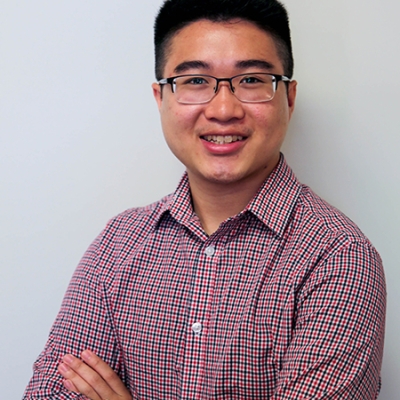After a busy and often fraught summer, this week marks the unofficial start of fall, and the hope and wonder that accompany a new school year. As you settle back in after the long holiday weekend, Fordham thought it worthwhile to catch you up with some of our takes on the key stories of the last few months. Happy reading!
1. ESSA, ESSA, ESSA
Wonks waited for much of June to see what the U.S. Department of Education thought of the first seventeen ESSA plans. The review process packed plenty of twists and turns, and the plans themselves provided advocates and analysts with plenty of fodder for debate. In Rating the Ratings, Brandon Wright and Mike Petrilli found most of the first seventeen ESSA accountability plans submitted to the Department of Education to be improvements over NCLB-era systems, earning marks for user-friendliness, straightforwardness, and transparency.
2. Debating the language of privilege
Conversations about privilege and access dominated headlines this summer, and included one memorable David Brooks column on upper-middle-class parenting and norms. Robert Pondiscio responded by arguing that fluency in power and privilege is not learned in affluent communities and elite universities, but instead allows access to said places. Later on, we looked at similar issues when Mike examined school segregation, social gentrification, and why schools find it so difficult to appeal to a wide variety of students and families.
3. Pushback against SEL draws response
Despite its growing popularity, Checker Finn cautioned against the continued rise of social-emotional learning (SEL) across the country, seeing its origin in the self-esteem movement of the 1980s and worrying about how far SEL seems to stray from the traditional obligation of schools to impart academic skills and knowledge. His argument prompted several responses in Education Week, from the Bluegrass Institute, and from Education Reform Now, among others.
4. Curriculum continues to fly under the radar
Curriculum is critical but often overlooked. This summer one high schooler emphasized the importance of academic rigor and engagement when teaching history in the classroom, and how her AP U.S. History class not only broadened her knowledge, but also opened her eyes to a wider understanding of the world. And Robert discussed Success Academy’s sharing of its curricula, tools, and resources for all to access, and how they might serve as a blueprint for success at other schools across the country.
5. Personalized learning draws cautious hope
Mike argued that, done right, personalized learning has the potential to tailor learning to the exact needs of individual students without sacrificing academic standards. He warned though, against robotic forms of personalized learning, which focus on skills over knowledge. To that end, Checker explained how innovations in education technology have the potential to transform the traditional, mass-produced model of schooling.
6. Debate around private school choice and civil rights intensifies
With President Trump showing interest in a federal private school choice initiative, private school choice has continued to have its moment in the spotlight. During Secretary DeVos’s testimony in front of the Senate HELP Committee, critics on Capitol Hill raised the question of how LGBT rights intersected with private school choice programs. So Mike explained how the Civil Rights Act, Title IX, and the Americans with Disabilities Act apply to private schools.
7. Broadening the debate around choice and accountability
Checker argued that a new book from prominent education reformers on abolishing results-based accountability in favor of a choice-only approach straddles the line between well intentioned, bad advice and grave misstep. He also critiqued Secretary DeVos’s statements on market-based accountability systems for private schools participating in voucher programs, explaining that parent choice alone is insufficient to ensure high quality, transparent schools.
8. Charlottesville provokes strong responses
Mike shared his perspective on how to move forward after the events in Charlottesville, Virginia. Terry Ryan told the important and heart-wrenching story of how the history of the Nazis and their destruction of Europe was made real to him when he lived in Poland in the early and mid-1990s, reminding us that Americans need to remember what makes us great, and to never forget the atrocities committed under the name of Nazis, nationalists, and the KKK.
9. The unfinished work of education philanthropy
Over the course of the past twenty years, philanthropists have helped to build a robust policy infrastructure that rests on high expectations and accountability. Mike explained how this new era of education reform philanthropy must stay the course.
10. What do teens want from their schools? Now we know more.
In our report What Teens Want from Their Schools, we surveyed more than 2,000 high schoolers attending traditional public, charter, and private schools. We found that they engage in school through different levers—such as positive relationships with teachers, social interactions, or the subject matter—even though almost all report being motivated to apply themselves academically.

